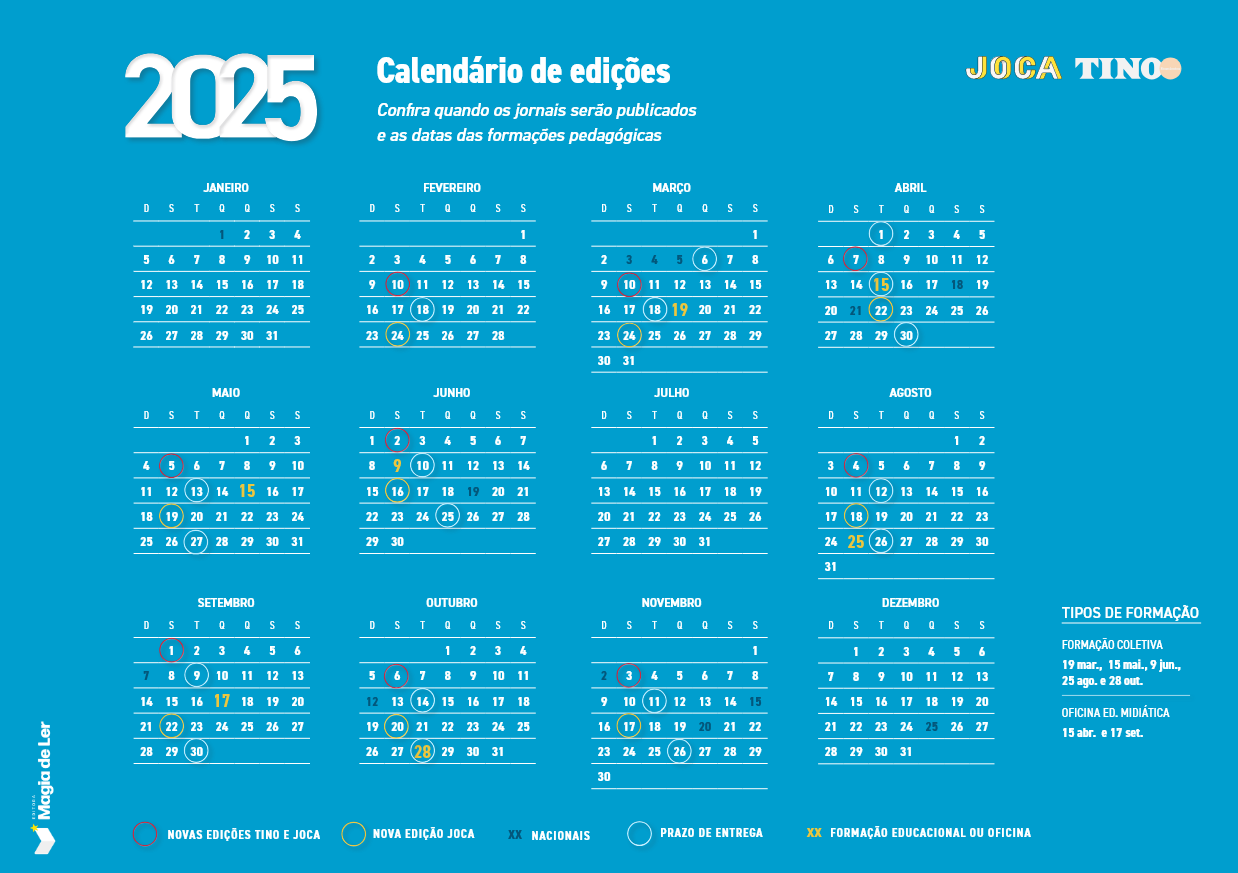In English
23 de setembro de 2022
Whales can sing the same song when in different regions – Level 2
Article published in Joca 194

A study published on August 31st by the University of Queensland, Australia, in partnership with researchers from other countries found that humpback whales can share songs, even if they are eight thousand kilometers apart.
Scientists believe this is an example of how the culture and habits of these animals can evolve. “These really rapid cultural changes are not seen in any other animal species,” said Ellen Garland, a marine biologist at the University of St. Andrews, in an interview with the specialized magazine New Scientist. “Today half the globe is vocally connected by whales,” she said. “It’s amazing.”
How was the survey conducted? To conduct the survey, researchers recorded songs between 2016 and 2018. They placed microphones in the water and tracked the animals wherever they went. Then, they discovered strange phenomena, including the fact that the songs spread among whales over a short period of time, even when they were at considerable distances. For example, some songs by Australian whales also became present among whales in French Polynesia. Later, some parts of the same song were copied by groups on the coast of Ecuador.
This happens when animals enter each other’s so-called “acoustic niche” as they migrate. In other words, the sound reverberates through water, whales hear it, learn it, and replicate it. Some sounds are so low that humans cannot hear them, while others are very loud and have many different details and tones. Usually, the singing lasts up to half an hour.
What researchers still do not know is why whales sing or why they choose to copy patterns from one another. There are a few theories. The most popular one is that male whales do this to draw the attention of females – who do not sing.
The Humpback Whale
Can measure up to 15 meters in length and weigh up to 40 tons. It can be found in almost every sea.
Questions
1) At which time was the study carried out?
a) Between 2016 and 2018
b) In 2016
c) In 2018
d) Between 2018 and 2020
2) What other purposes could there be for whale songs?
Sources: Folha de S. Paulo, New Scientist, Royale Society Publishing and Superinteressante.
Ixi! Você bateu no paywall!
Ainda não é assinante? Assine agora e tenha acesso ilimitado ao conteúdo do Joca.











Você precisa fazer o login para publicar um comentário.